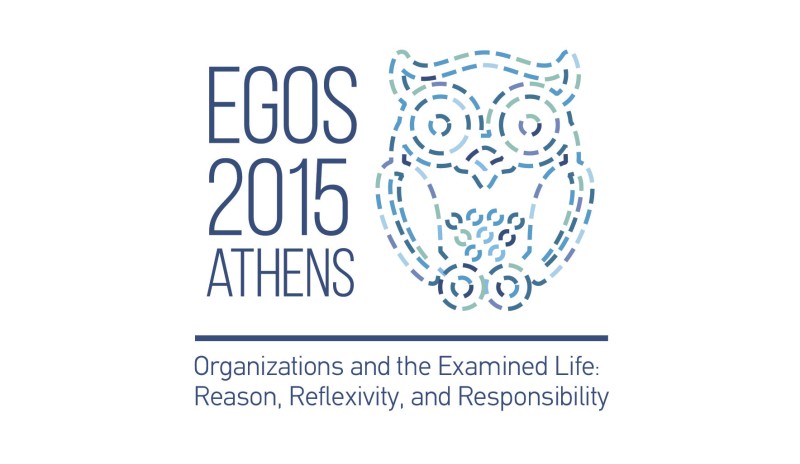Sub-theme 35: Innovation, Knowledge Integration and Path Dependence: Towards More Reflective Practices
Call for Papers
To develop innovative products and processes, and to solve challenging social and institutional problems, the integration
and not simply the combination of complementary knowledge is becoming increasingly important. Network structures, alliances
and other organizational arrangements are often valuable venues to get access such complementary knowledge, but they are seldom
sufficient. Rather it is necessary to integrate stocks and flows of knowledge with the help of a variety of organizational
practices and mechanisms.
Going beyond a governance perspective on organizations and interorganizational arrangements,
the sub-theme explores how actual practices help or hinder the integration of diverse sets of knowledge. Going beyond the
conventional focus on firms with strong R&D capabilities in such inquiries, the sub-theme invites studies of knowledge
integration practices across boundaries, in private as well as public sectors, from sophisticated crime investigations making
use of an ever increasing menu of advanced detection technologies to international relief and emergency operations.
Studies of knowledge integration practices with their emphasis on sociomaterial detail complement extant research on
open innovation, absorptive capacity, R&D partnerships, and organizational learning. An ambition is to specifically highlight
the tensions and contradictions between novelty and path dependence; no matter whether the latter is rooted in technological,
institutional or organizational arrangements or – like in regional clusters – a mixture of all three. In all these cases,
path dependencies are likely to hinder the absorption and integration of new knowledge which is required for innovation; sometimes
making the breaking of an established path or the even the creation of a new path necessary.
The sub-theme invites
contributions that focus on one or several of the following issues, more or less addressing the intersection of innovation,
knowledge integration and path dependence:
- Organizing for knowledge integration practices in open innovation processes
- Knowledge absorption and integration in rapidly developing firms in emerging economies
- Combining and integrating extremely diverse knowledge for radical innovations
- Sociomaterial practices of knowledge integration for incremental innovations
- Organizational/institutional path dependence as a barrier to knowledge integration
- Path dependence of knowledge accumulation processes in and among organizations
- Interplay of power and path dependence in knowledge integration processes
- Knowledge integration practices in public sector organizations
- Organizational and network learning perspectives on knowledge integration
- Capturing reflexivity in knowledge integration processes
- Indicators of knowledge integration, qualitative and quantitative methods for empirical studies beyond patent data.
We cordially invite papers which discuss these and similar issues, empirically,
conceptually or methodologically, with regard to recent or more historical developments.
The sub-theme wishes
to attract both high-quality contributions that are ready to be submitted to a journal as well as research in progress that
explores these challenging issues. All paper presentations will be commented by a discussant from the group. Session chairs
will be asked to provide an open and encouraging atmosphere for discussion.


